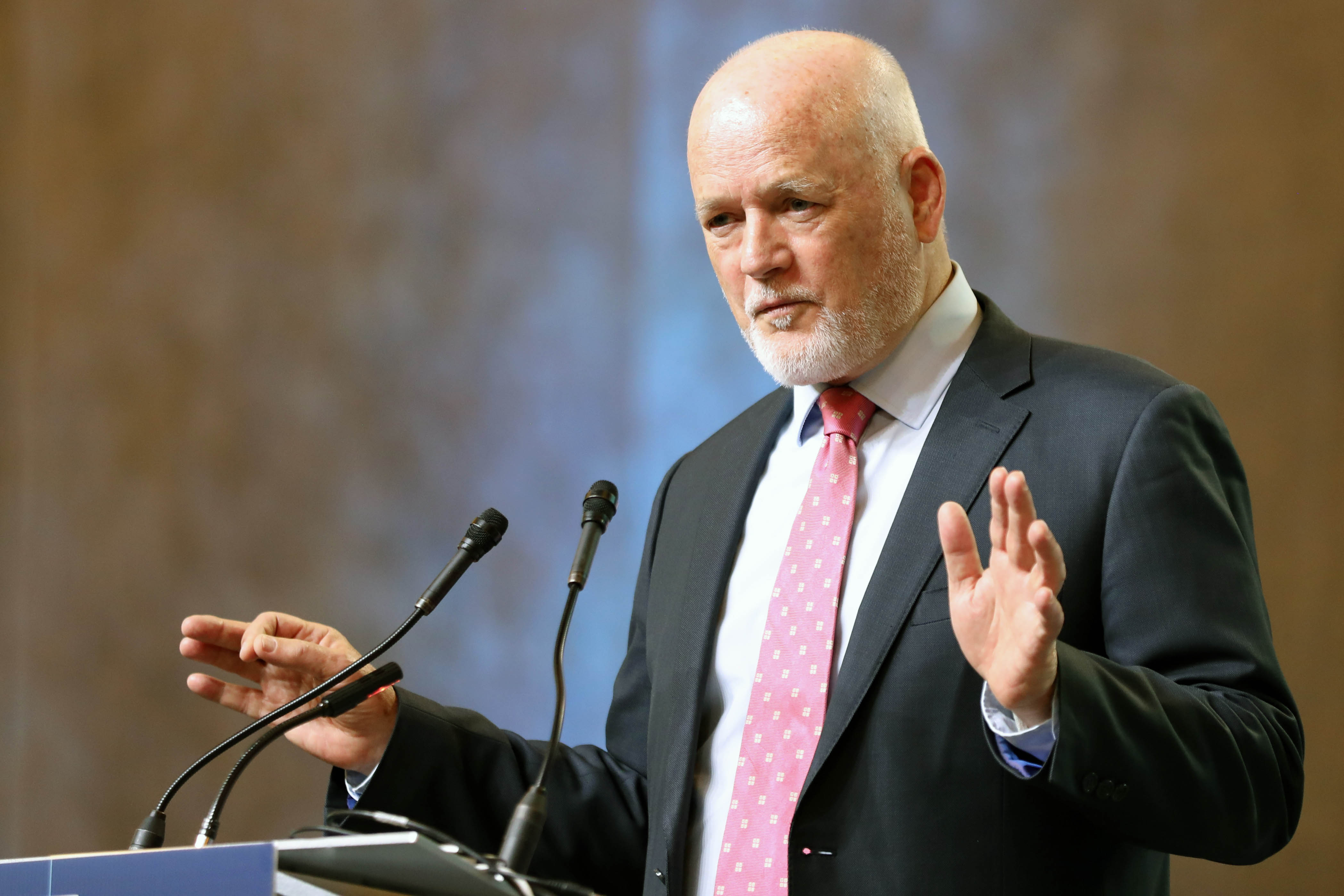A Wave of Ocean Action in 2023
12 March 2024
At the end of 2023, I wrote these words in an article for TIME magazine, “Over the last two years, a positive wave of ocean action has been sweeping around the planet. It is a wave upon which hope can ride with growing confidence. Its momentum is the most powerful opportunity we have to improve humanity’s relationship with the ocean.”
Why is it incumbent upon us to improve that relationship? For the answer to that question, we need only repeat the daily mantra: “there can be no healthy planet without a healthy ocean, and the ocean’s health is currently measurably in decline.” Let us presume we’re all moderately aware of the elements of the decline that we’re measuring, be it warming, acidification, pollution, harmful fisheries practices, rising sea levels, death of coral … the list goes on. The incumbent demand arises from the fact that, in the main, all of these elements of decline are caused by the activities of humankind.
(This article by Ambassador Peter Thomson, UN Secretary-General's Special Envoy for the Ocean, first appeared as the foreword in The State of Global Environmental Governance 2023.)
And then, what is that positive wave, and how can we join with hope in riding it? Well, who would have thought that at a time when international political relations have been at such a cyclical low, that international consensus has been achieved on some truly transformational environmental measures. Let’s look at just three of those consensus agreements.
Firstly, the high seas treaty, or BBNJ, agreed to at the UN last year, covers 50% of the planet’s surface and brings to the ocean the promise of good governance, with sustainability, conservation, and equity at the fore. Before that, from the Convention on Biological Diversity (CBD)’s 15th meeting of the Conference of the Parties (COP15), came the Kunming-Montreal Global Biodiversity Framework, which amongst many game-changing environmental targets, provides for protection of 30% of the planet by 2030. And then we witnessed the 28th session of the Conference of the Parties to the UN Framework Convention on Climate Change (UNFCCC COP 28) in Dubai agree we must all now transition away from the burning of fossil fuels and triple our investments in renewable energy.
To keep the momentum of this wave rolling through troubled times, we need to pay attention to what individuals and organizations can do through our various competencies and networks. Two good examples would be that the “high seas treaty” needs to be ratified without delay to bring it into force. And secondly, at the World Trade Organization in Geneva, while good progress has been made on banning harmful fisheries subsidies, much more work remains to be done to remove subsidies that allow the overcapacity of industrial fishing fleets and, thereby, the perpetuation of gross overfishing.
The detrimental impact of anthropogenic pollution on the ocean is in evidence around the world. Be it through plastics, microplastics, fertilizer and pesticide runoffs, sewage, chemicals, or oil spills, we must do much better in controlling marine pollution. I look forward to the wave of ocean action building further after UN Environmental Assembly (UNEA) in Nairobi and at The Economist’s World Ocean Summit in Lisbon, where, on both occasions, marine pollution will be prominently featured.
Meanwhile, Sustainable Development Goal (SDG) 14.4 remains worryingly unfulfilled. This target tackles illegal fishing, harmful fishing practices, and overfishing, and I’ve no doubt it will be a subject of intense interest at the third UN Ocean Conference in Nice, France, 9–13 June 2025. In preparation for that milestone event, in concert with the Government of the Solomon Islands, FAO, and the Forum Fisheries Agency, I’m helping organize the Honiara Summit to be held 22–24 July this year, with a view to examining how the world can improve on its delivery of SDG 14.4.

Happily, ocean science is receiving more attention now than at any other time in human history. At a time of global climate crisis, this is as it should be, for we have major decisions looming ahead of us in relation to planetary conditions. The State of the Ocean Report issued by IOC-UNESCO in 2022 said that the quantitative description of the ocean is drastically incomplete, and as a result, current knowledge is insufficient to effectively inform solutions to the ocean that humanity is facing. It is thus that we must attach great importance to the outcomes of the UN Ocean Decade Conference being held in Barcelona in April this year.
Before closing, please allow me to thank IISD for its work over the decades. Those reading the Earth Negotiations Bulletin for the first time should know that many legions of seasoned diplomats and conference-goers have benefitted from the balanced reporting of IISD over the years and have accorded it high respect throughout.
— Ambassador Peter Thomson, UN Secretary-General's Special Envoy for the Ocean